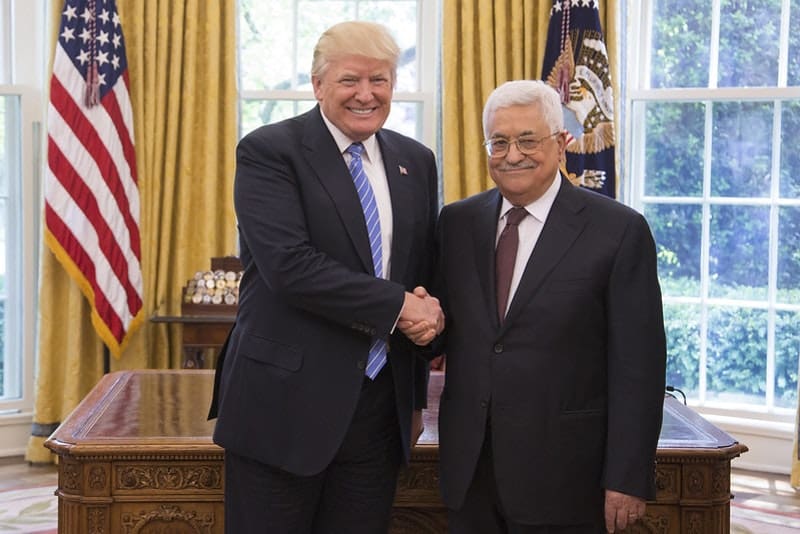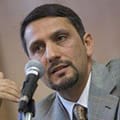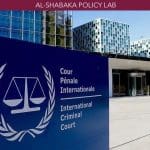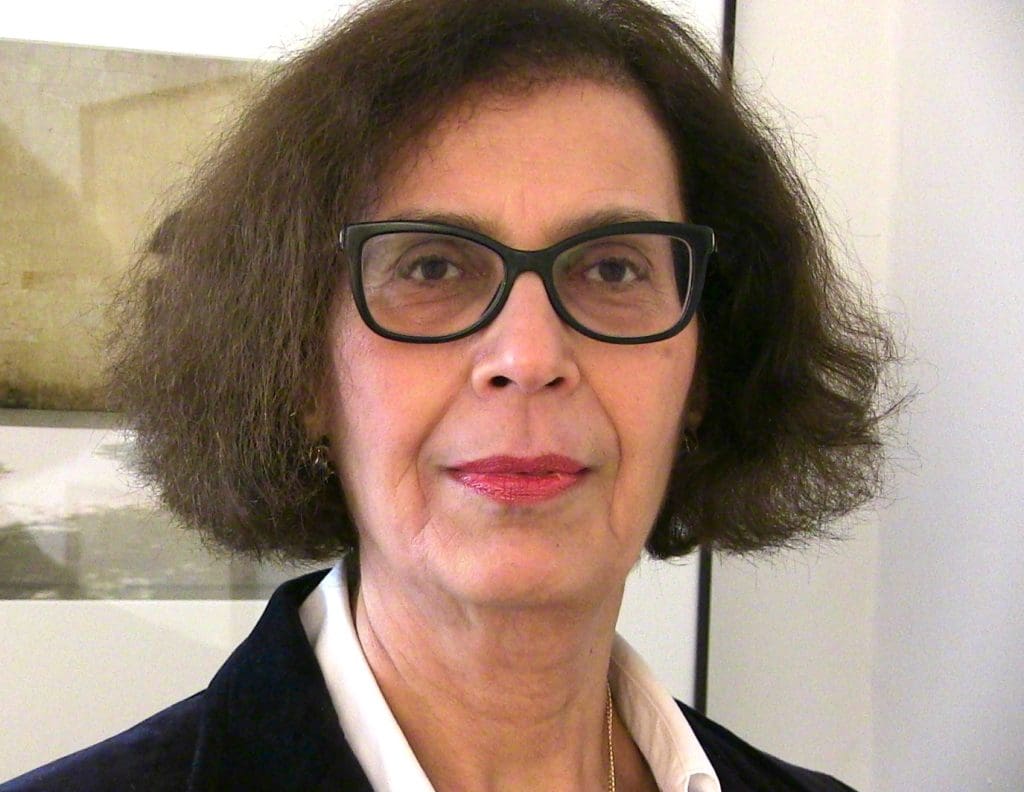
Over the past four years, the Trump administration has enacted major long-term changes to US policy vis-à-vis Palestine. What possibilities lie ahead for the next administration to either expand or reverse this trajectory, and how can Palestinians leverage their power to influence future decision-making?
With US elections looming, Al-Shabaka analysts Hatem Bazian and Nadia Hijab weigh in on these questions and more in this policy lab.
Nadia Hijab is co-founder and honorary president of Al-Shabaka: The Palestinian Policy Network. She served as Board President from 2010-2021 and as Executive Director between 2011 and March 2018. A writer, public speaker and media commentator, Hijab’s first book, Womanpower: The Arab Debate on Women at Work was published by Cambridge University Press and she co-authored Citizens Apart: A Portrait of Palestinians in Israel (I. B. Tauris). She was Editor-in-Chief of the London-based Middle East Magazine before serving at the United Nations in New York. She is a co-founder and former co-chair of the US Campaign for Palestinian Rights and now serves on its advisory board. She continues to serve Al-Shabaka in an advisory capacity and support its mission.
Hatem Bazian is a senior lecturer in the Departments of Near Eastern and Ethnic Studies at the University of California, Berkeley. He has taught at Berkeley’s Boalt Hall School of Law and is also a visiting Professor in Religious Studies at Saint Mary’s College of California and adviser to Berkeley’s Religion, Politics and Globalization Center as well as Academic Affairs Chair at Zaytuna College of California. He also founded Berkeley’s Center for the Study and Documentation of Islamophobia, a research unit dedicated to the systematic study of Othering Islam and Muslims. He is also Chairman of the Board of American Muslims for Palestine.















